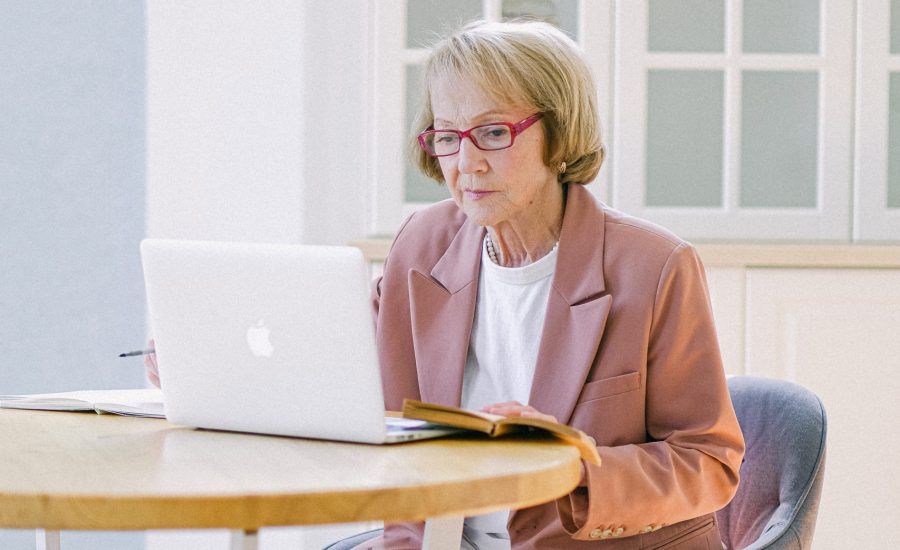Are single seniors unfairly penalized at tax time?
Karen wonders if her latest tax bill is too high, and whether there's a way to avoid the social benefits repayment.
Advertisement
Karen wonders if her latest tax bill is too high, and whether there's a way to avoid the social benefits repayment.

Share this article Share on Facebook Share on Twitter Share on Linkedin Share on Reddit Share on Email
With the values of our homes going up, do we need to review our home insurance policy to make sure it covers the cost of rebuilding our homes in the event of a major fire or other type of devastation?
Due to the large volume of comments we receive, we regret that we are unable to respond directly to each one. We invite you to email your question to [email protected], where it will be considered for a future response by one of our expert columnists. For personal advice, we suggest consulting with a qualified advisor.